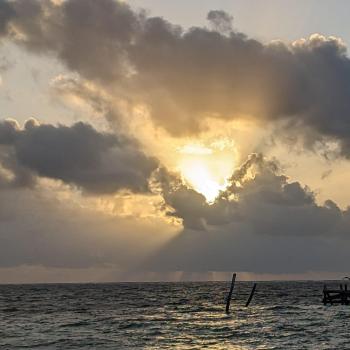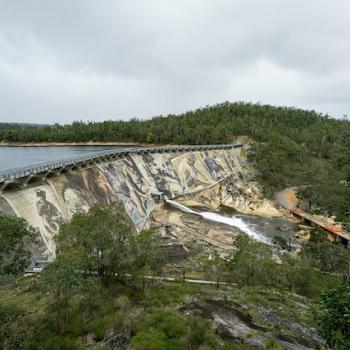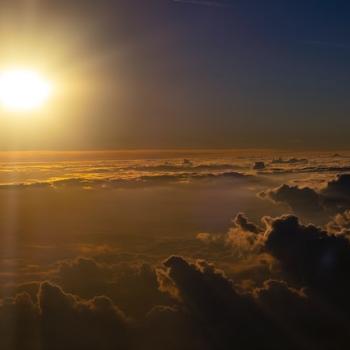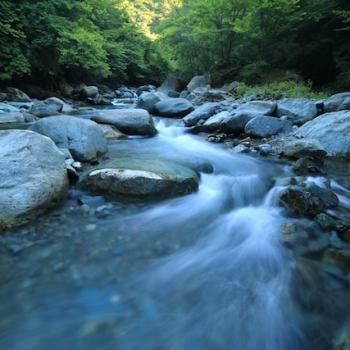I believe that teaching, reading, and writing all have to do with searching. Each involves searching for Wholeness through dialogue and experience. When that search involves other living things, we find ourselves in the province of learning and teaching. When that search involves other living things that are not present or of our time, the dialogue takes the form of reading. And when that search involves things that are present and living but not yet visible or known, we have entered the creative realm, which includes writing.
These forms of search are really inseparable. They constantly impact each other. In truth, a teacher is someone who is actively involved in all three forms of search—whether they have a classroom or not, whether they are reading the wind instead of a book, or whether they ever write it down or not. At the heart of it, learning is really seeing, while writing is really internalizing what is seen through the life of our expression. And teaching is asking questions about what is seen and taken to heart—in an effort that if honestly entered usually leads to seeing further and taking in more.
One of the most shocking moments during my illness with cancer occurred when I was desperately in search of some poetry that could help me live. Almost everything I turned to was dark, chaotic, and surly, and ultimately of no use. I was bereft. It made me re-evaluate the journey of literature. For if we can’t add to our authenticity of living, writing becomes just another parlor game on the edge of the abyss. This disturbed me and forced me to uplift myself while not minimizing the difficulties I faced. Since that time, I try to render both the light and the thing that blocks the light, whatever form it takes, the way an explorer tries to leave an accurate map. Now, I write in service of the light that seeps through every crack, and in the service of useful maps.
Now, I read things mostly in an effort to become whole: Abraham Heschel, Naomi Shihab Nye, Carl Jung, the Upanishads, Chuang Tzu, Ursula Le Guin, Lao Tzu, and Tu Fu. They all have something in common with an eternal principle that informs modern recovery programs. That principle says that healing takes place in the presence of another. Very often, when literature or art does not enable healing, it’s because the writer or artist, the steward of the message, is not present. Most of what I read when I was ill didn’t help because the writer had sealed off all possibility of communion with the reader. All hope was precluded, making the utterance useless.
It is a misnomer that hope is idealistic and saccharine. In actuality, hope is the energy of life filtering through the honesty of all its impediments. In our modern era, we endure a culture of hiddenness and denial, which has left most people frantically searching for the true energy of hope.
A Question to Walk With: In conversation with a friend or loved one, discuss a time when the energy of life filtered through an obstacle you were facing.
This excerpt is from my new book, Drinking from the River of Light, published this fall by Sounds True.
*Photo credit: fotografierende













